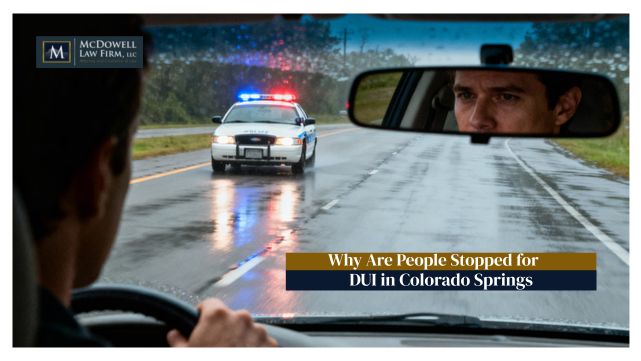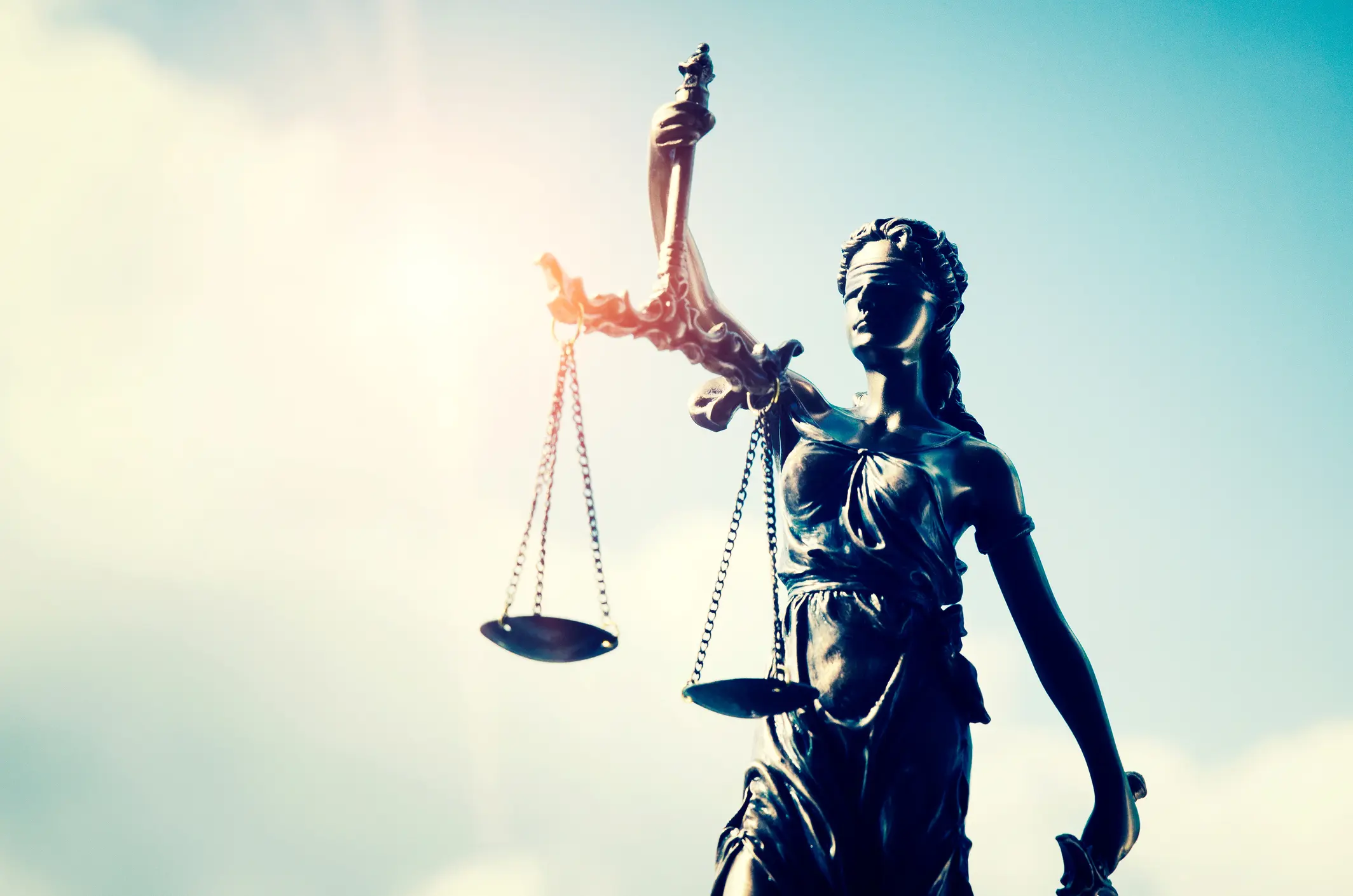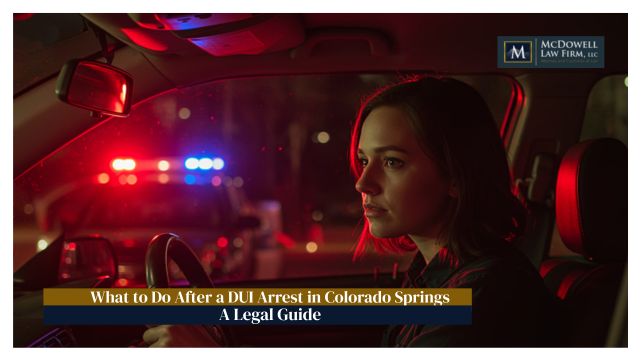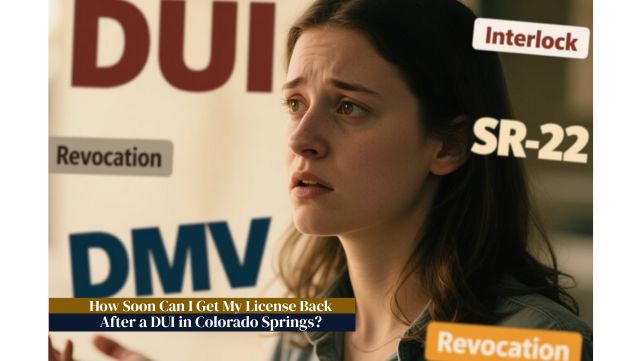Police stop drivers in Colorado Springs for several behaviors that suggest possible impairment. These stops often begin with simple traffic violations, then lead to a deeper investigation. Understanding the most common reasons for DUI stops can help you protect your rights and avoid mistakes that make your situation worse.
Probable Causes for DUI Traffic Stop
1. Speeding and Aggressive Driving
Speeding is one of the top reasons officers make traffic stops in Colorado. When a driver is going well above the limit, officers often look for signs of slowed reaction time or poor judgment. Alcohol and drugs affect your ability to judge distance and speed. This is why a speeding stop often turns into a DUI investigation.
Once stopped, the officer observes your speech, your movements, and the smell of alcohol or marijuana. Any sign that raises suspicion can lead to roadside tests or a blood or breath test.
2. Weaving, Lane Drifting, or Wide Turns
Officers watch for drivers who drift out of their lane, ride the center line, or make wide or slow turns. These movements can signal poor motor control or delayed reactions. Even a single episode of weaving can give an officer a lawful reason to stop you.
Marijuana, prescription medications, and sleep aids can impair lane control. This applies even if the drug is legal or prescribed. Colorado law focuses on whether the substance affected your ability to drive safely.
3. Failure to Signal, Running Lights, or Other Small Violations
Minor violations often lead to major consequences. Many DUI cases begin with simple issues like:
- Failure to signal
- Expired registration
- Rolling through a stop sign
- Broken tail light
When an officer spots a small issue, the stop gives them a legal opportunity to observe the driver. If the officer sees red eyes, hears slurred speech, or notices confusion, the stop escalates to a DUI investigation.
4. Accidents or Near Misses
A large number of DUI arrests begin after a crash. Officers respond to accidents and immediately assess the drivers. Even minor collisions or curb strikes can raise suspicion. Alcohol and drugs slow your reaction time, making it harder to avoid hazards.
In Colorado, a driver can face a DUI charge even if the accident involved no injuries. You can also face additional penalties if property damage or injuries occurred.
In addition, certain uncommon scenarios may still qualify as a DUI.
What Happens After the DUI Stop
Once the officer makes contact, they watch for signs such as:
- Odor of alcohol or marijuana
- Slow or confused responses
- Poor coordination
- Bloodshot or watery eyes
- Admission of drinking or drug use
If the officer believes impairment is likely, they may ask you to complete roadside maneuvers. You can choose whether to take these tests. A chemical test, such as a blood or breath test, is required under Colorado’s express consent laws once an officer establishes probable cause.
Prescription Drugs and DUI Stops
Colorado law treats prescription medications the same as recreational drugs. If a prescribed medication affects your ability to drive safely, an officer can arrest you for DUI. Common problem medications include painkillers, sleep aids, muscle relaxers, and anxiety medications.
Some drivers assume a legal prescription protects them. It does not. Impaired is impaired. If a prescription impairs your ability to operate a vehicle safely, you can definitely be charged. Read the indications on your medication and speak with your doctor. Most importantly, if medication effects your reaction, alertness, awareness, etc. you shouldn’t be driving on it!
For more legal guidance, review other blogs:
- What to Do After a DUI Arrest in Colorado Springs
- PBT vs. Breathalyzer
- Can I Drive After a DUI Arrest in Colorado
- Can I Refuse a Breathalyzer Test in Colorado Springs
What to Do If You Get Stopped for DUI
If you were stopped for DUI in Colorado Springs, speak with a defense attorney immediately. Your freedom, your license, and your future depend on fast action. Contact McDowell Law Firm today to protect your rights and begin building your defense.





